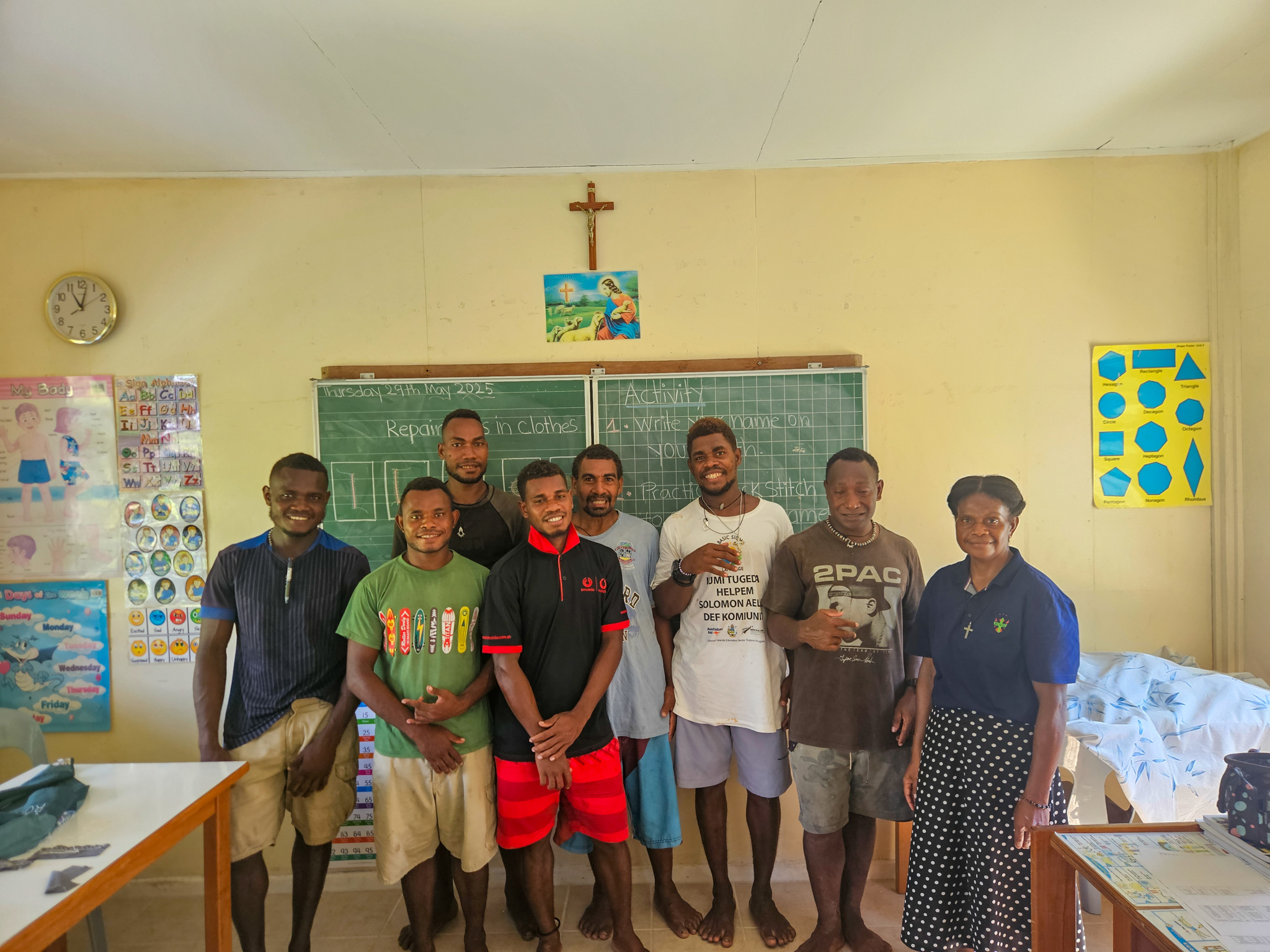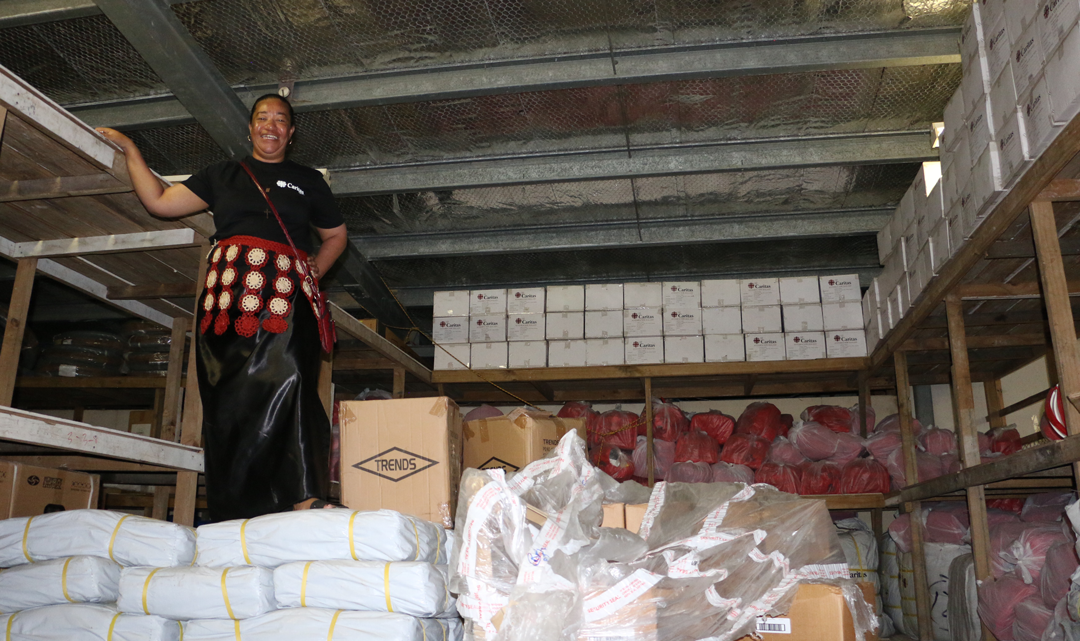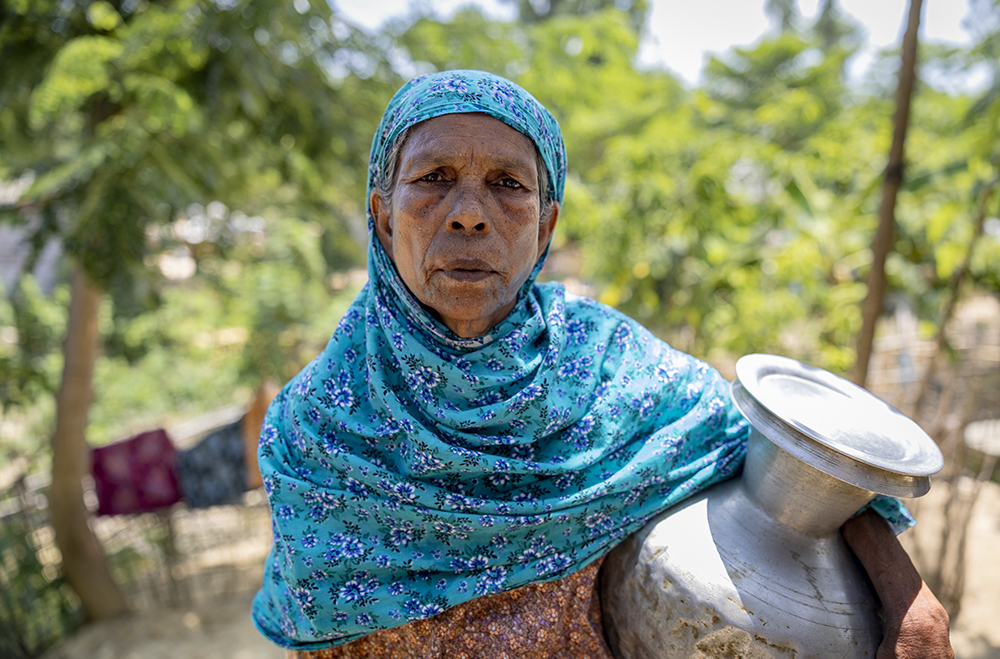Here in Australia, we’re lucky to be in the midst of a nationwide COVID-19 vaccine rollout. Although it’s too soon to say for certain, we’ve also got better at controlling new outbreaks, and our lockdowns are getting faster and more efficient.
But for people living in Papua New Guinea, one of our closest neighbours, the situation is very different. Since late February, case numbers have been increasing rapidly. In the past week alone, infection numbers have increased exponentially, bringing the total to more than 9300. At least 89 lives have been lost.
The stark differences between Australia and Papua New Guinea during this crisis are a reminder of how far we still have to go to make sure that all humans, no matter where they’re born, have access to decent healthcare. This crisis is also a reminder of how big the gap is between us and our closest neighbour — a country a mere hop, skip and jump from our shoreline, yet one that few Australians visit. Of the Australians that do visit Papua New Guinea, fewer still venture from tourist hotspots like the Kokoda Trail.
Despite its proximity, the average citizen in Papua New Guinea lives a radically different life to those of us here in Australia. According to the most recent government survey, it’s one of the least electrified countries in the world, where only 15 per cent of people have regular access to electricity. Out of all of the Pacific islands, Papua New Guinea also has the lowest rates of access to clean drinking water — a mere 46 per cent of the population. Frequent natural disasters, poor transportation and limitations in healthcare and education further compound the existing inequalities. Worryingly, one-third of the population lives in households without a place to wash hands that has both soap and water.
It’s easy to see why providing a timely and effective response to COVID-19 might be difficult, but the challenges in the healthcare system in particular make responding effectively even harder. Many locals struggle to access basic health services because they live in remote areas, or because the health system is under-resourced. There’s also a worrying lack of health professionals, with approximately one doctor per 14,000 people, leaving healthcare staff with few resources to manage the overwhelming need.
Already fragile, the healthcare system in Papua New Guinea is now reaching breaking point. Most people prefer to get their COVID-19 tests in private clinics because of the delays and challenges in accessing testing through the public system, and tests in private clinics can cost up to AUD $300 — an impossible figure in a country where 85.7 per cent of the population is considered to be living in poverty. Even then, COVID-19 tests are not always available on time, and it can take weeks to get results.
Most health facilities in Papua New Guinea also struggle to get adequate medical supplies, including personal protective equipment (PPE), leaving the few health professionals at increasing risk of contracting the virus themselves. For weeks now there have been alarming reports about how poorly the healthcare system is coping. Patients are overflowing into the hospital carparks in Port Moresby, and half of the women who present to the hospital to deliver their babies are testing positive. On top of all this, there’s now pushback about the validity of COVID-19, with misinformation spreading through communities about the virus being a hoax.
Nonetheless, it’s also important to remember that during these challenging times, our faith not only gives us hope in a better world, but it can also be an effective way to ensure that help reaches the people who need it most. This is particularly clear in Papua New Guinea, where the majority of citizens are churchgoers, and the various church networks reach over 70 per cent of the population through schools and healthcare centres. The Catholic Church in particular reaches approximately 50 per cent of the population, including those living in rural and remote areas.
Catholic organisations like Caritas Australia have been working in Papua New Guinea for years through longstanding partnerships with the church networks. One of the main ways that churches are able to reach the most marginalised is through community education, particularly in rural and remote areas where communities have reduced access to vital lifesaving information about the virus.
At this time of great need, Catholic Health Australia and its many members have stepped up to support one of Caritas Australia’s long-time partners, Catholic Church Health Services in Papua New Guinea, with a pledge of over AUD $250,000 to help tackle COVID-19. Catholic Church Health Services has 247 healthcare facilities across Papua New Guinea and reaches into remote and regional areas. The money pledged will be used to address the most crucial and immediate needs, particularly the shortage of Personal Protective Equipment (PPE) in areas that will not be covered by the Australian Government’s recent commitment to support Papua New Guinea. This is surely the result of the Good Samaritan values in action — practical, effective and compassionate.
I applaud the government’s commitment to supply vaccinations, but Australia must increase that commitment, through increased funding for global vaccinations, support to regional health systems and emergency support for countries at risk of famine. The #EndCOVIDForAll campaign calls for this increased commitment from the Australian government, and is supported by Caritas Australia and numerous other faith-based organisations around the country. The reality is that this pandemic will not end until it ends for every nation. This is the foundation of the campaign as it calls on the government to do more to support our neighbours, many of whom are struggling with the social, economic and health related impacts of COVID-19.
I ndeed, it’s vital to make sure that our government steps up to provide support to our closest neighbours. It is only this way that we can we build a better world, one which is founded in a commitment to equality and justice for all. After all, this pandemic offers us a unique opportunity to reimagine our world as we rebuild our social and economic systems, to create a world where the most marginalised are included in our decision making. And this is best achieved by working towards justice together, through our shared compassion for the most vulnerable in their hour of need.
This article was first published in Eureka Street.
The Hon. John Watkins was a Board Director at Caritas Australia when this article was published.

















